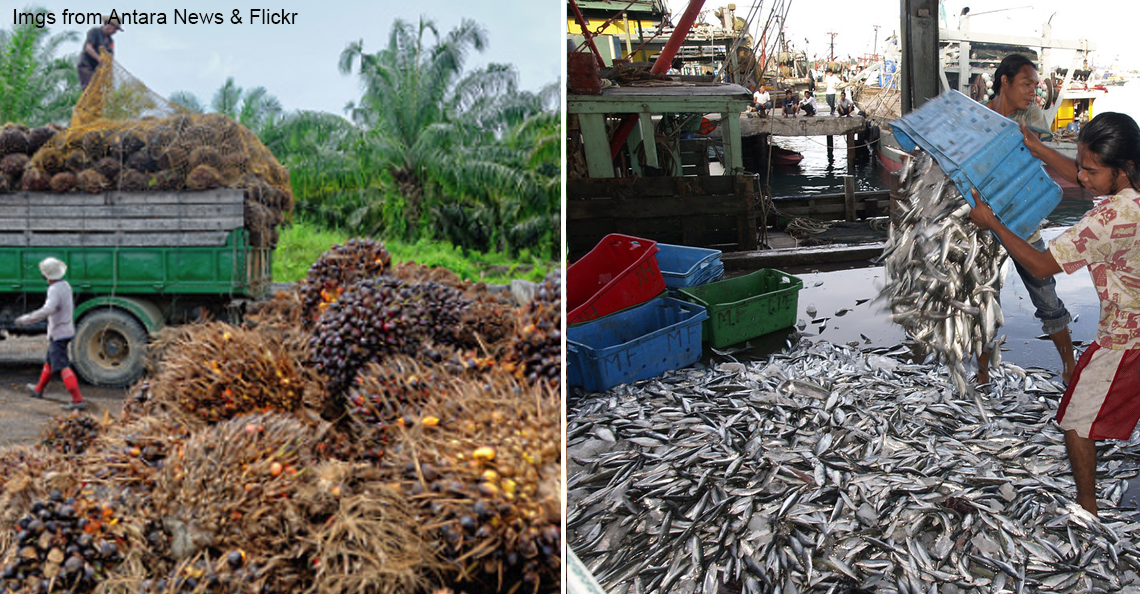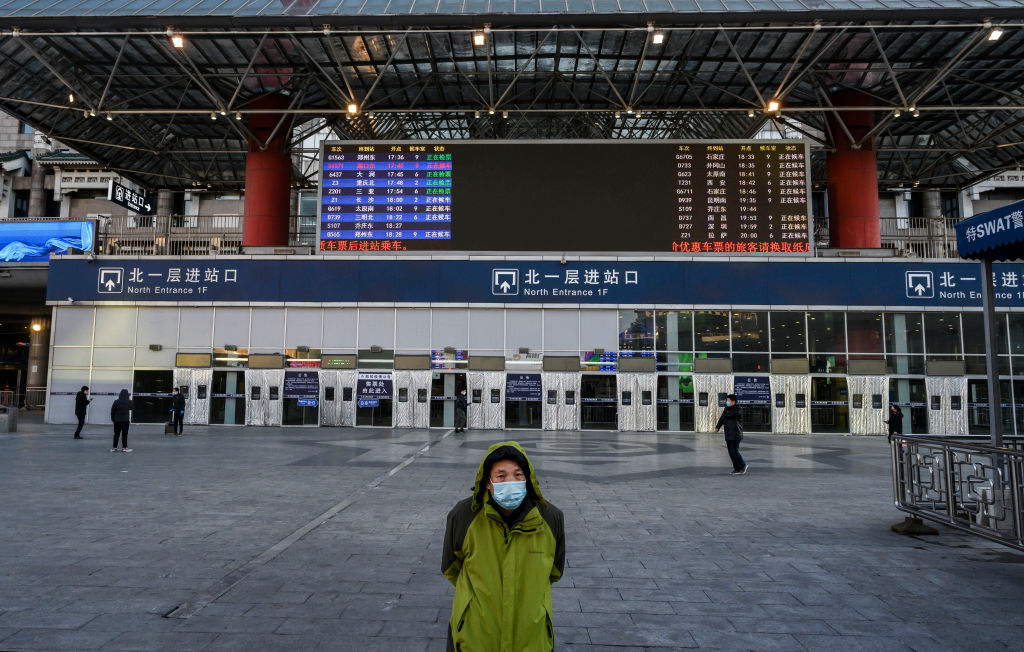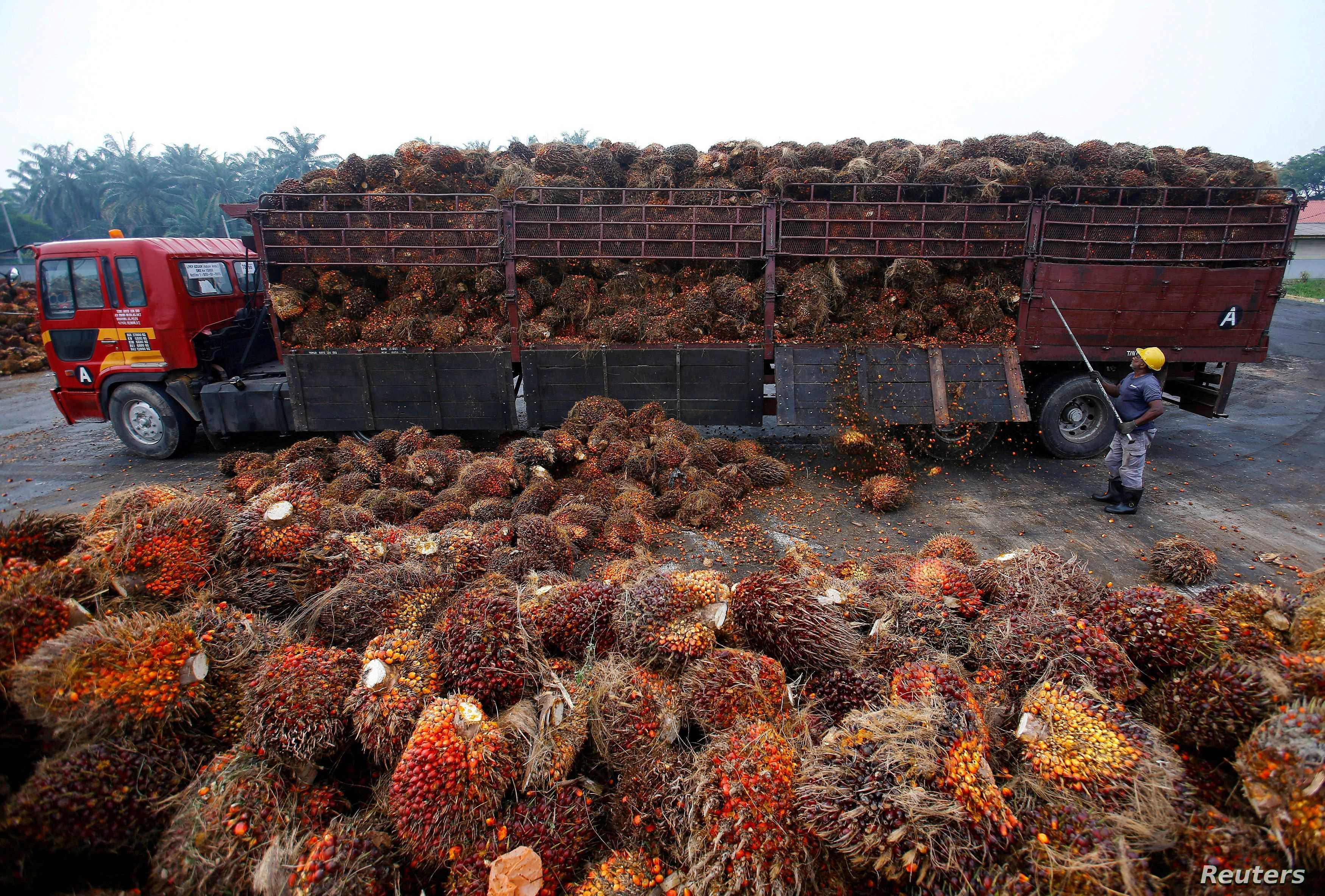Coronavirus doesn’t just threaten lives. It’s also hurting these Malaysian industries.

- 411Shares
- Facebook389
- Twitter5
- LinkedIn4
- Email5
- WhatsApp8
It’s only been less than three months since news about coronavirus sent the whole world into a frenzy. And although most people would consider their health to be the main thing at stake during the coronavirus outbreak, there are also many other things that are threatened by the virus.
In fact, the impact of the virus outbreak has also posed several social, political AND economic risks for many countries, including Malaysia.

And while most of us would assume that coronavirus would mainly affect the tourism industry, there are also many industries worldwide that are impacted by the virus taking a toll on their businesses. And we don’t even need to look that far to see the economic consequences of the virus, just look at how it’s also affecting these Malaysian industries and businesses…
1. It’s Visit Malaysia Year 2020, but the tourism industry has already lost RM3 billion
Let’s kickstart the list with the industry that’s probably the most affected by the virus outbreak right now – tourism. Although the Tourism, Culture and Arts Ministry had set a goal of 30 million tourist arrival and RM100 billion tourist spending for their Visit Malaysia 2020 campaign, it’s quite hard to say if the target can be achieved due to the disruption caused by coronavirus.
In fact, the virus outbreak had cost the entire tourism sector around RM3 billion in losses, affecting hoteliers, travel agents to food and beverage businesses. And that’s not all, the Malaysian Association of Hotels also revealed that up until February 9, 95,000 bookings at Malaysian hotels got cancelled, costing them RM40 million in losses.

But the situation may be even tougher on those who work in East Malaysia. According to Showey, an employee at a resort in Semporna Island, their business has been terribly affected since Sabah decided to temporarily suspend all flights from China, which is the source for up to 90% of their customers.
“It’s hard for us to attract Malaysians because they have the impression that Semporna is notorious for kidnapping cases. We used to get 3000 tourists from China per day, but now with them gone, there’s no crowd in Semporna anymore.” – Showey, resort employee, in an interview with Cilisos.
2. People are still buying fishes from Malaysia, but no one’s delivering them
While our tourism industry may be struggling due to low tourist arrivals (aka decline in demand), the same can’t be said for Malaysia’s fisheries industry. According to Tan Eng San, the President of Marine Fish Farmers Association of Malaysia (MFFAM), our fisheries industry is still receiving enough demand from other countries, but we’re facing problems with the exporting process.
“We use air shipping to export our live prawns to keep them fresh. But so many flights were cancelled and most of them prioritise the shipping of medical supplies so we don’t have enough options for export, and there’s nothing we can do about it.” – Tan Eng San, MFFAM President told Cilisos. Translated from Mandarin.

But this doesn’t mean that our demand in aquatic food hasn’t been affected by the coronavirus outbreak at all. Penang, in particular, has been experiencing a decrease in demand from the Chinese market which resulted in a 60% drop in their fish exports. To put it in perspective, Penang’s aquaculture sector used to export 10 tonnes of aquatic products daily, but now it’s only three to four tonnes per day.
However, MFFAM is working on increasing the demand in our fisheries industry.
“We’ve just visited Japan and also spoke to some businesses in Hong Kong. We’re hoping that they’ll import some of our aquatic supply. But they’re also facing similar problems of low demand right now because coronavirus is a worldwide problem.” – Tan told Cilisos. Translated from Mandarin.
3. Manufacturers have to find other solutions, because China’s not exporting
For the past 10 years, China had been Malaysia’s largest trading partner, contributing to 16.7% of Malaysia’s total trade in 2018, which is worth RM313.8 billion. And because China plays such a huge part in our trade, the abrupt shortage in Chinese exports caused by factory lockdowns would pose several problems to our local manufacturing industry.
Which is why the Federation of Malaysian Manufacturers (FMM) has advised local manufacturers to prepare themselves and start looking for alternative supply sources.
“Our manufacturers may want to find intermediate goods for their production; they might need to look for alternative sources. They have to plan now. Otherwise, there may be some shortage of finish goods in Malaysia.” – Tan Sri Soh Thian Lye, FMM President, as quoted by New Straits Times.

But according to Dr. Carmelo Ferlito, a Senior Fellow at the Institute for Democracy and Economic Affairs (IDEAS), this could open doors for possible production alternatives and maybe attract foreign manufacturers to establish production facilities in Malaysia.
“This can actually be an opportunity for the local production structure to re-shape in order to cope with the lack of products from China by looking for different supply chain partners or starting internal production.” – Dr. Carmelo, Senior Fellow at IDEAS, in an interview with Cilisos.
4. Our palm oil exports were plummeting, but coronavirus made it worse
Just last month, it was revealed that Malaysia’s palm oil price had fallen 10%, spotting the biggest price decline in 12 years. And one of the reasons for this may be due to our low palm oil output after India’s boycott (ICYMI: read our story here to understand why India is no longer our palm oil bff). But that’s not the only problem affecting our palm oil industry.
In fact, Malaysia’s palm oil brokers and traders have warned that our palm oil prices would continue to fall in coming months, as caused by the coronavirus pandemic that had disrupted the global trading market.

But before anybody goes into panic mode, it’s quite comforting to know that the Malaysian Palm Oil Board (MPOB) remains optimistic about our palm oil exports. But thanks to China’s status as our second largest palm oil buyer, the increased demand for prepackaged food in light of the Chinese staying at home more might bode well with our palm oil demand…
“Instant noodles use a lot of palm oil. As people stay at home to reduce their exposure to the virus, they will eat at home more and this will definitely increase the demand for instant noodles.” – Ahmad Parveez Ghulam Kadir, MPOB director-general, as quoted in The Straits Times
So how badly is coronavirus gonna affect our economy?
It’s quite hard to put a measure on how badly coronavirus has affected the economy, considering there are businesses like glove and face mask manufacturers that are thriving due to the skyrocketing demand from the virus outbreak. But the hardest part of dealing with the negative economic impacts of coronavirus is probably the fact that nobody knows when this epidemic would end.
However, Finance Minister Lim Guan Eng had reassured that Malaysia is NOT at risk of experiencing an economic downturn anytime soon.
In fact, in the spirit of sediakan payung sebelum hujan, the Ministry of Finance has announced its plans to set aside up to RM15 billion for a fiscal stimulus package to reduce the negative economic impacts of coronavirus and boost Malaysia’s economic growth. But since the actual details would only be revealed to the public on February 27th, so until then we just gotta hang on tight to find out how that’ll turn out.
- 411Shares
- Facebook389
- Twitter5
- LinkedIn4
- Email5
- WhatsApp8



